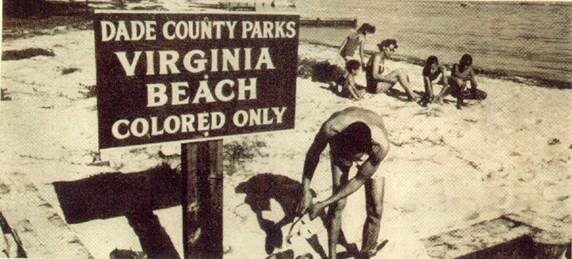
In every year since 1976, February has been officially recognized as Black History Month. It was originally intended by President Gerald Ford to “honor the too-often neglected accomplishments of Black Americans in every area of endeavor throughout our history.” Although we should celebrate the achievements and endeavors of Black Americans all year long, February is the perfect opportunity to set aside some time to reflect on Black history and the future.
Countless stories of the Black experience in America are connected to the sea. In fact, you can’t tell the African American story without it—it was on transatlantic ships that the first African slaves were brought to the colonies. The ocean was a stage for horrific cruelty, where Africans were stolen and crammed into cargo holds, barely able to move. Many would not survive the journey—nearly 2 million of the 12 million people shipped in the transatlantic slave trade died before the ships ever reached North America.
There is much that remains unknown about the specific histories of slave vessels, and many of the stories of those transported below their decks have been lost to history. But thanks to dedicated historians, scientists and volunteers, we’re learning more about those who lived—and died—on those ships. Diving with a Purpose, a group founded in 2003 by members of the National Association of Black Scuba Divers, is committed to finding, documenting and protecting underwater archaeology sites, including sunken slave ships. Their work, alongside other dedicated groups like the Slave Wrecks Project, helps give voice to those who were lost, and reconstructs a painful and critically important part of our nation’s past. In interviews, divers have reflected on the anger, sorrow and pain that comes from exploring these sites, but also of the dedication to telling the stories of these lost slaves.